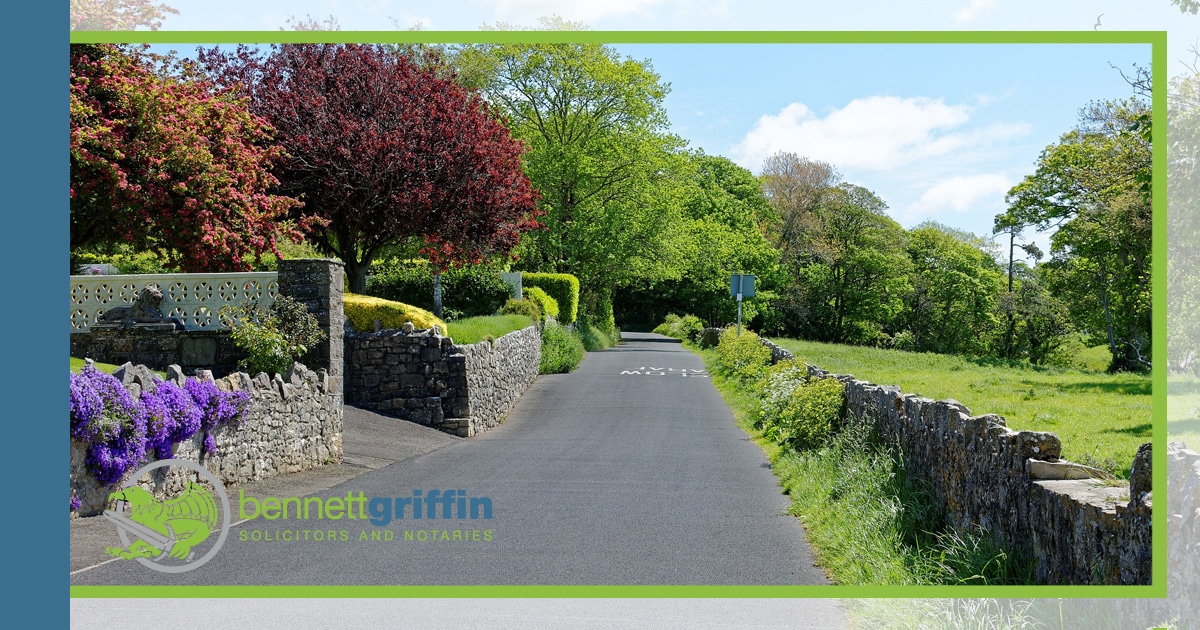Should Neighbour Disputes Utilise ADR?

A definite highlight from the Courts this month in the case of McGill v Stewart & Anor with the use of this fantastic quote by Master McCloud:“Perhaps in constructing our places of residence we should learn from beavers and always build with more than one way in or out, because the single narrow lane and its use has become a source of dispute in this human context.”
In this case, Master McCloud concluded her judgment in a dispute between neighbours relating to private vehicles using the shared single access lane. The claim regarding rights of way cited the alleged failure to observe the restriction limiting use to ‘private motor vehicles’. The Claimant had attempted to suggest that the limitations would have meant that the access would only be for those purposes, and not for anything else. However this would have excluded the use even to services that we take for granted now, such as postal deliveries, home shopping deliveries and even trade visits for the purpose of maintaining the upkeep of the property to allow it to continue to be inhabitable.
The Master said vehicles on the lane should be limited to those necessary for the normal use of the property as a dwelling. If there were any further use, for example for any development or expansion to the property (that would be seen as beyond what would be considered essential to the continued habitation of the dwelling) would require permission on an agreed basis, and if the parties could not agree, the Master suggested Alternative Dispute Resolution (ADR) should take place.
The Judgment raises a number of points but primarily in that cases such as these, an agreement can be achieved by mediation or other forms of Dispute Resolution. Cases such as these have seeds in where a sense of injustice has occurred and has not been adequately resolved and litigation will only heighten these feelings. If more cases such as this were to follow the ADR route then this would not only help reduce legal expenses for both parties but also potentially help repair any lost personal relationships as a result.
Master McCloud commented: “The courts themselves have limited resources, and whilst I appreciate that neighbour disputes are significant to the parties, it must be borne in mind that such disputes compete for time with cases such as those one sees daily in this court concerning brain damage and other life changing injuries, death and the very gravest of historic child abuse. Alternative dispute resolution for residential disputes is therefore desirable in terms of wider court resources especially in the High Court but I suspect also generally.”
At Bennett Griffin, our Dispute Resolution team have extensive experience of successfully bringing and defending high level property dispute claims and will use that experience to work with you and protect your interests. It may be that you have a dispute that needs to be resolved and you need a specialist team to advise you of your options and how to achieve the best outcome. Our team will discuss with you the merits of your case and any alternatives to Court action that may be appropriate, advising you as to your options.
If you would like to speak to a member of our expert team please call 01903 229999, or email us at info@bennett-griffin.co.uk and one of our team will be in touch.
Disclaimer: Please note that this update is not intended to be exhaustive or be a substitute for legal advice. The application of the law in this area will often depend upon the specific facts and you are advised to seek specific advice on any given scenario.
